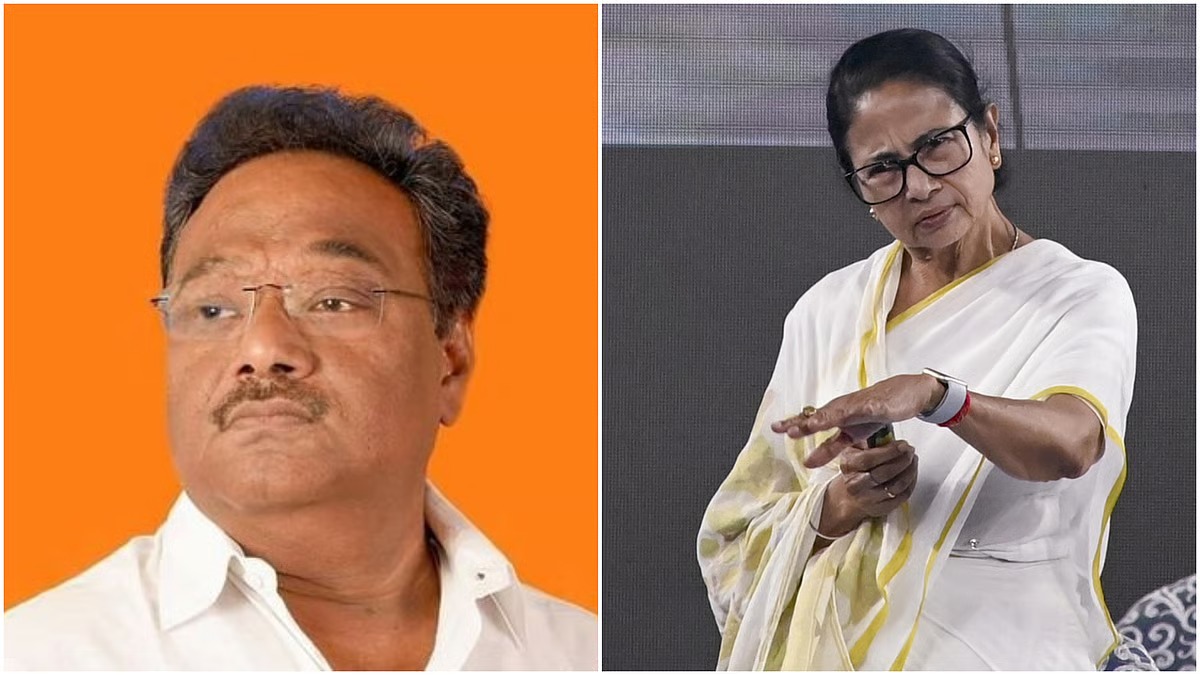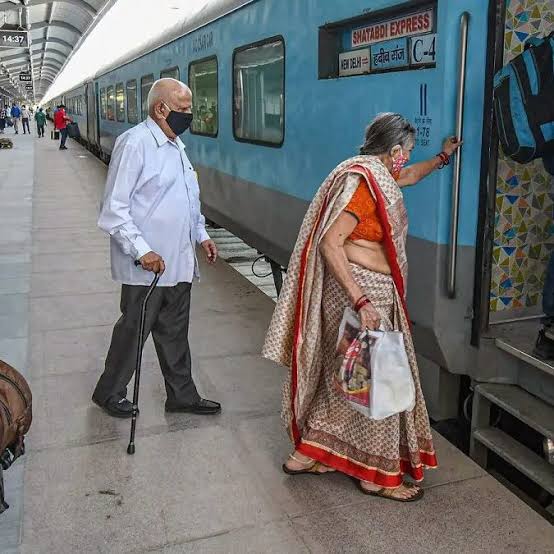 Image Source : Deccan Herald
Image Source : Deccan Herald
West Bengal is witnessing a renewed churn in its political landscape, driven by a complex interplay of migration, religion, and language. Recent crackdowns on Bengali-speaking migrant workers in BJP-ruled states have triggered a wave of political mobilization, with the ruling Trinamool Congress (TMC) positioning itself as the defender of Bengali identity and dignity. As the 2026 Assembly elections approach, these developments are reshaping electoral narratives and deepening ideological divides.
Key developments fueling the political shift
- Bengali-speaking Muslims, particularly those in blue-collar jobs across cities like Delhi, Noida, Gurugram, and Mumbai, are facing targeted police drives under suspicion of being illegal Bangladeshi migrants
- Despite minimal evidence and few confirmed cases, the crackdown has created widespread fear and disruption among migrant communities
- The BJP’s stance appears to disregard the political agency of Bengali Muslims, who traditionally do not form part of its vote base
- The TMC, led by Mamata Banerjee, has vocally condemned these actions, offering safe haven in West Bengal and framing the issue as a broader attack on Bengali identity
This emerging fault line is not just about legality—it’s about belonging, representation, and the politics of exclusion.
The limits of political society
- Political scientist Partha Chatterjee’s concept of “political society” describes how marginalized groups negotiate with the state through electoral leverage
- In BJP-ruled states, this mechanism is failing for Bengali Muslims, who lack political clout and face systemic alienation
- The TMC’s influence is geographically limited, unable to intervene directly in states where the BJP holds power
- The result is a growing sense of helplessness among migrants, many of whom left West Bengal due to lack of economic opportunities
This breakdown in political negotiation is intensifying calls for sub-nationalist solidarity within Bengal.
Electoral implications and demographic shifts
- West Bengal’s Muslim population stands at nearly 30 percent, with the TMC securing overwhelming support from this demographic
- The BJP, despite polling nearly 40 percent of the vote in recent elections, has struggled to convert its Hindu majority support into electoral victories due to the TMC’s Muslim vote bank
- The current crisis may further consolidate Muslim support behind the TMC, especially in northern districts where its footprint has expanded post-2014
- The BJP’s rise has coincided with the decline of Congress and CPI(M), reshaping the state’s political geometry
The battle lines are being redrawn—not just between parties, but between competing visions of identity and governance.
Language and cultural assertion
- The crackdown has reignited debates around linguistic profiling, with Bengali speakers being equated with Bangladeshi nationals
- TMC leaders argue that speaking Bengali should not be grounds for suspicion, especially within India’s federal framework
- The party is leveraging cultural pride and regional identity to counter the BJP’s Hindutva narrative, echoing its successful 2021 slogan “Bangla Nijer Meyeke Chaye”
- Planned protest rallies and legal interventions aim to reclaim the narrative and assert Bengal’s pluralistic ethos
Language is emerging as both a political tool and a cultural shield in this unfolding drama.
Looking ahead
- The TMC is expected to intensify its campaign around migrant rights, identity protection, and federal autonomy
- Legal challenges to deportations and detentions are being explored, with potential implications for inter-state governance
- The BJP may double down on its national security framing, further polarizing the electorate
- Civil society groups and academics are calling for nuanced policy responses that balance security with human rights
Conclusion
West Bengal’s political churn is no longer confined to traditional party rivalries—it is now shaped by deeper questions of migration, religion, and language. As the state braces for the 2026 elections, the battle for Bengal’s soul is being fought not just in rallies and speeches, but in the lived experiences of its migrant workers and the cultural narratives that define its identity. The outcome will determine whether Bengal’s pluralism can withstand the pressures of exclusionary politics.
Sources: Hindustan Times, The Hindu, MSN India, PTI, Kolkata Bureau Reports, Journal of Ethnic and Migration Studies, Economic Times Politics Desk
Advertisement
Advertisement



